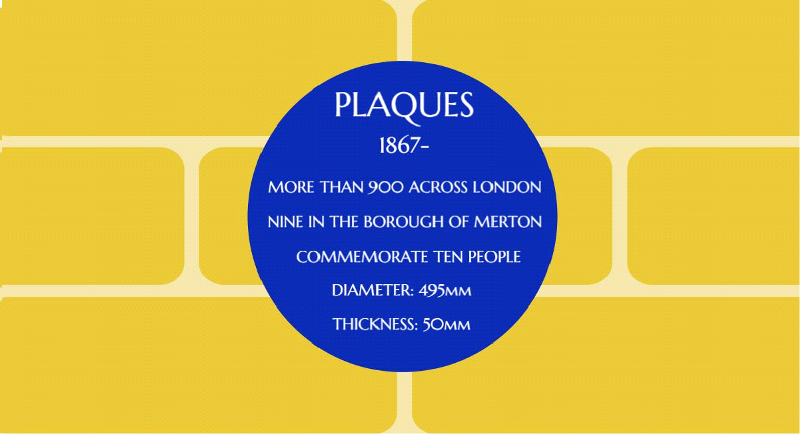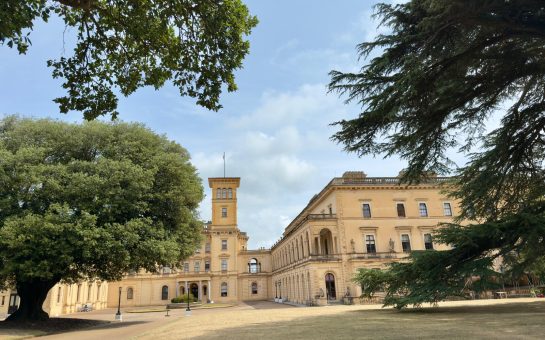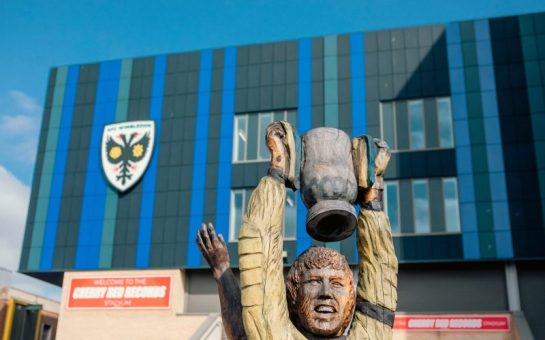More than 900 plaques proudly sit atop brick and mortar across the 32 boroughs of London commemorating the lives of notable individuals.
The London blue plaques scheme, which celebrated its 150th anniversary last year, began with a plaque in Cavendish Square dedicated to Lord Byron.
It has been run by four bodies during its existence – the Society of Arts, the London County Council, the Greater London Council and now English Heritage.
Historian Geoff Simmons said: “I think blue plaques are hugely important in terms of awakening people, it’s a permanent reminder of history.

“It is an immensely positive thing for an area to have as it makes people think and gives them a sense of pride in where they live.”
There are nine plaques in Merton that pay testament to a variety of distinguished people associated with the area.

Josephine Butler (1828-1906)
An English social reformer and champion of women’s rights, noted for being a prominent figure in the successful campaign to repeal the Contagious Diseases Acts in 1886.
Sir Ernst Chain (1906-1979)
A German-born British biochemist who is best known for his work in reinvestigating Alexander Fleming’s discovery of penicillin and received the Nobel Prize for Physiology or Medicine.
Robert Graves (1895-1985)
An English poet, novelist, critic and classical scholar noted for the historical novel, I, Claudius (1934) and the World War I autobiographical classic Good-bye to All That (1957).
Georgette Heyer (1902-1974)
A prolific novelist for over half a century whose bestselling book Regency Buck (1935), set in the Regency period, defined the genre of Regency romance.
John Innes (1829-1904)
An English property developer and philanthropist whose posthumous funds helped set up a horticultural institution which continues to operate as a centre for plant and microbial science research and training.
Dame Margaret Rutherford (1892-1972)
An English actress who won a Golden Globe and Academy Award for best supporting actress for her role as The Duchess of Brighton in The V.I.P.s (1963). Also starred as Agatha Christie’s Miss Marple and was made a Dame in 1967.
Arthur Schopenhauer (1788-1860)
A German philosopher referred to as the “philosopher of pessimism” whose writings influenced later existential philosophy and Freudian psychology. He investigated individual motivation and concluded that human desire was futile, illogical and directionless.
Lionel Tertis (1876-1975)
A world-renowned English viola soloist who single-handedly transformed the status of the viola as an instrument with prominent composers such as Ralph Vaughan Williams and Gustav Holst writing pieces especially for him.
Joseph Toynbee (1815-1886)
An influential English otologist who dedicated his career to the studying the human ear, listed as an inspiration by renowned Austrian otologist Adam Politzer.
Arnold Toynbee (1852-1883)
A British economic historian noted for his social commitment and desire to improve working class living conditions and is credited with coining the term ‘industrial revolution.’




